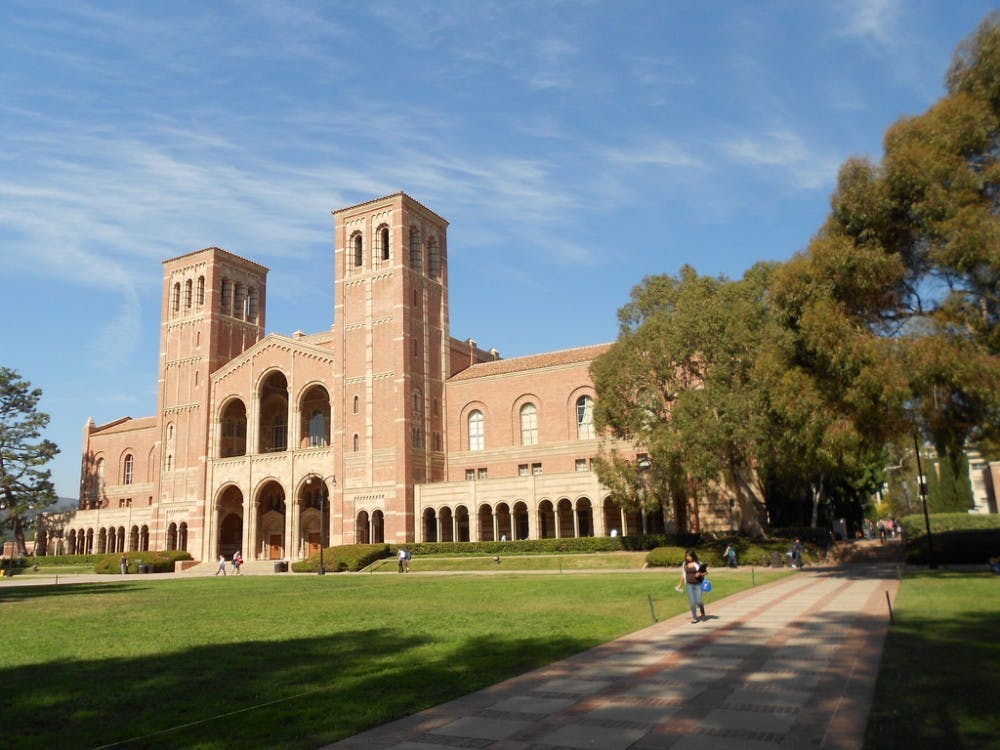Fraternities at the University of California, Los Angeles were banned on Jan. 16 from hosting events in-house with alcohol, following an alleged sexual assault, ABC7 reported.
The president of the Theta Delta Chi chapter was charged with assault with the intent to rape, reported the Daily Bruin. He was released from the Los Angeles County jail on $100,000 bail and is scheduled to appear in court on Feb. 5.
Substance abuse and sexual assault have surfaced as issues at many colleges nationwide.
Other universities around the country have also taken steps to reduce the presence of Greek Life on campus, including the University of Michigan, Ohio State University, Texas State University, Louisiana State University, and Penn State University.
In February 2017, Penn President Amy Gutmann and former Provost Vincent Price officially announced the Task Force on a Safe and Responsible Campus Community with the task of reducing sexual harassment and substance abuse.
The Task Force — consisting of students, faculty, and administration — was originally announced in November 2016 after a sexually exploitive email was sent to freshmen by off-campus organization OZ. Since this incident, Penn administrators have come up with a set of policies that regulate how social events on campus are held.
One policy dictates that all student groups, both on and off campus, must register their social events with the University, a process that includes hiring University-sanctioned security guards and bartenders. The University also implemented “event observers” who are paid to patrol late-night events.
The implementation of these policies was highly controversial and has been confusing for some as students and student groups who have said their parties had been shut down even without having alcohol present.
READ MORE:
Fraternity rush has begun. Here's what you need to know.
Off-campus organization Skulls is in negotiations to move back to campus
In an article published by the editorial board of the Daily Bruin, the student newspaper analyzed UCLA's decision as a "way forward" for students at the university.
"For nearly a century," the board said, "Greek life at UCLA has partied, sometimes at the expense of students’ safety. It’s about time [Intrafraternity Council] realizes fraternity house parties are better at perpetuating a sexually corrosive environment than enriching students’ college experiences."



